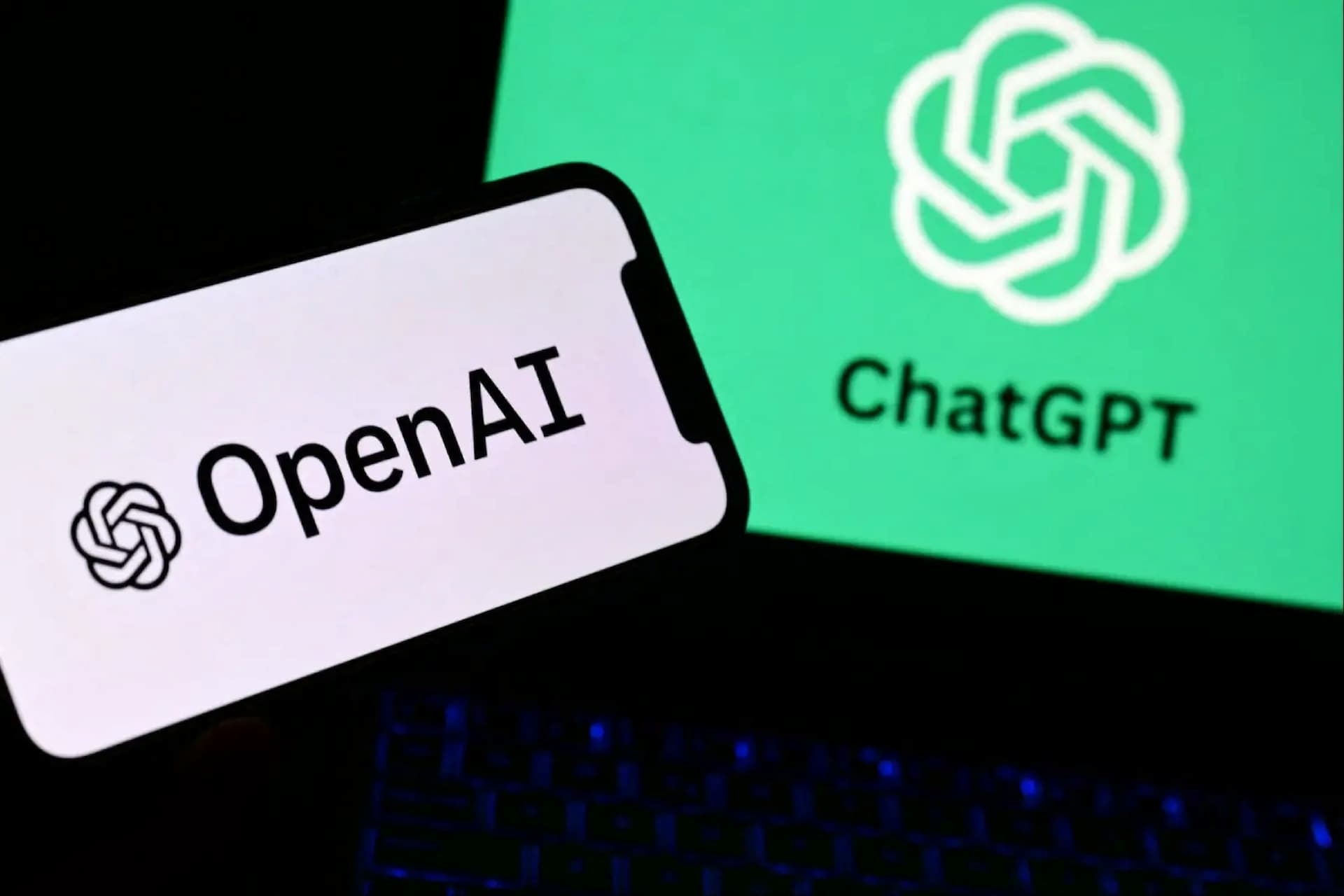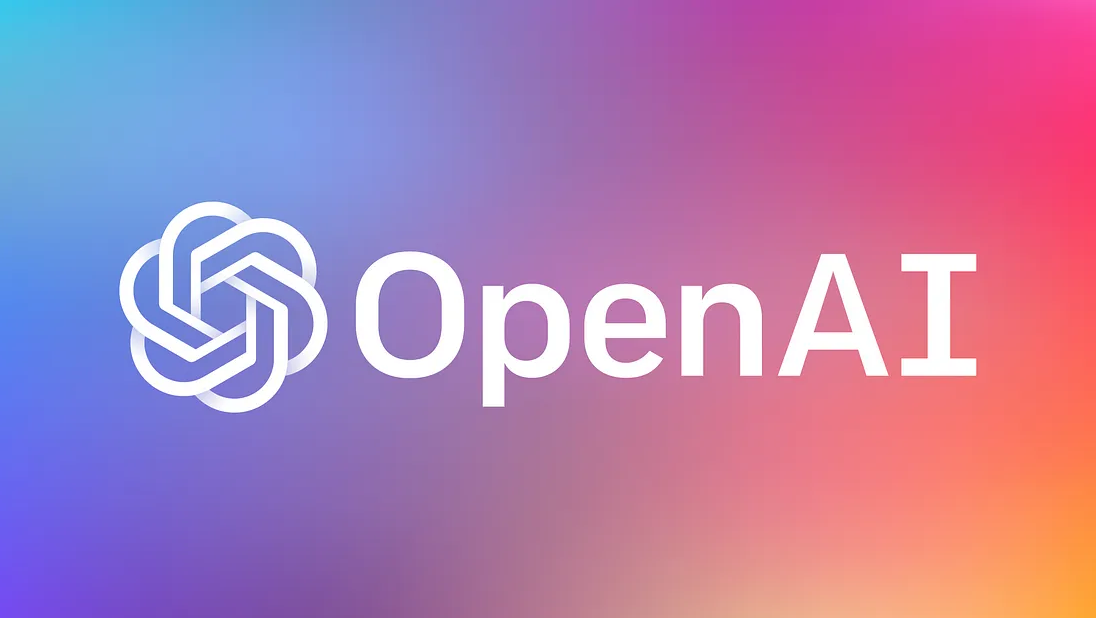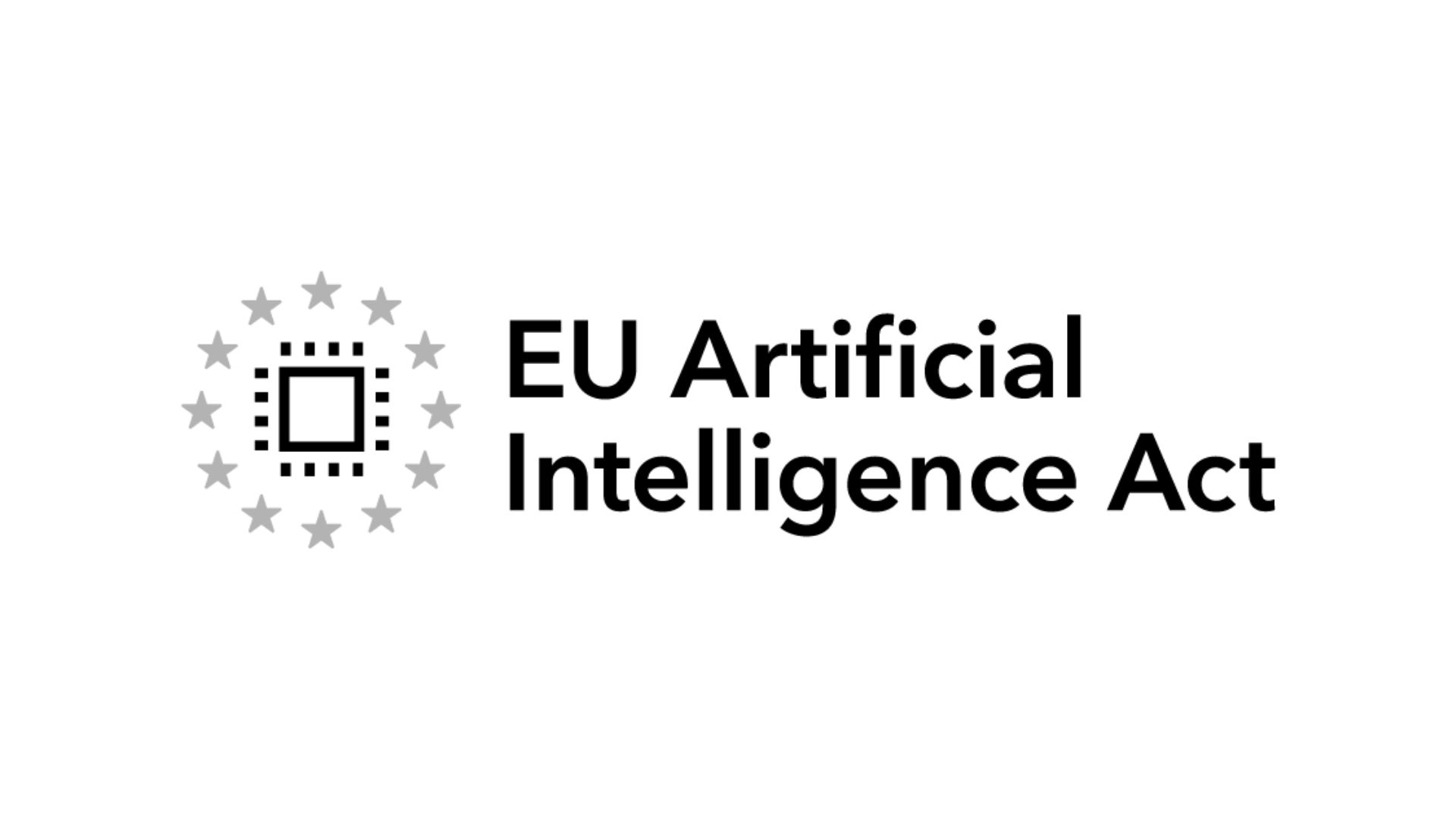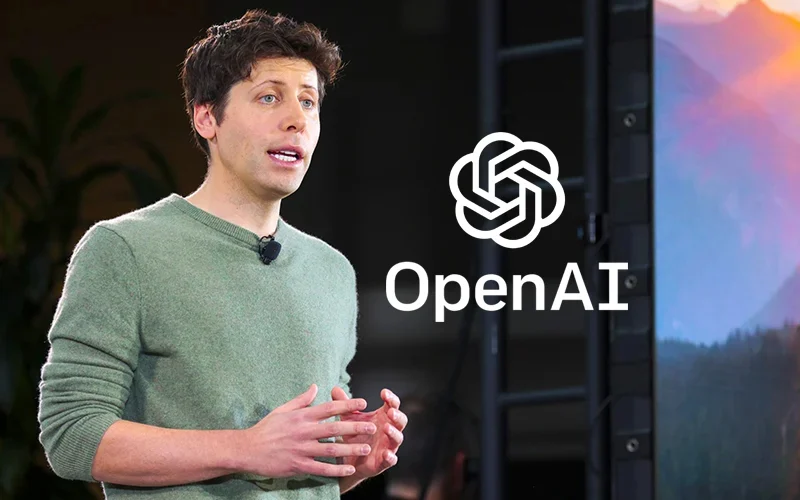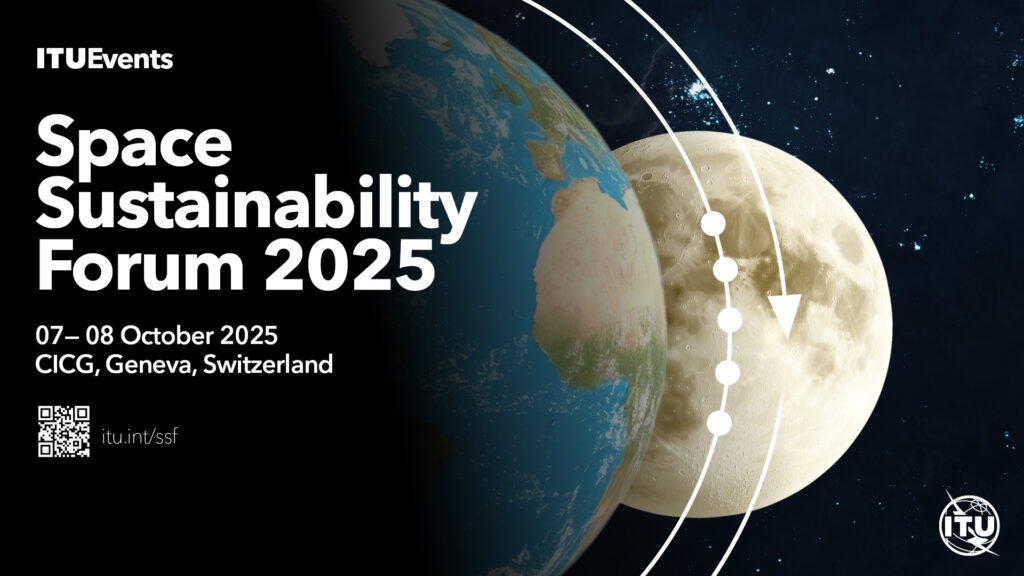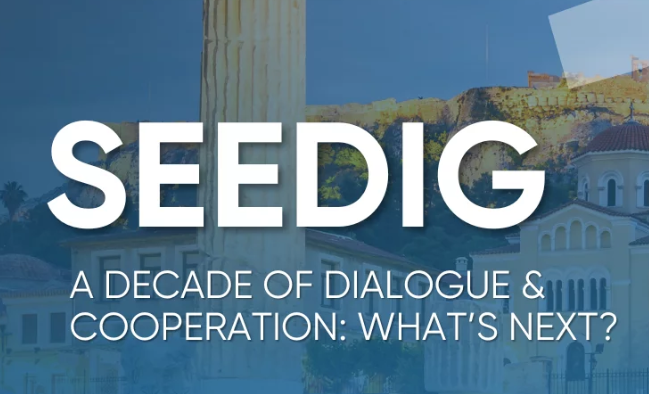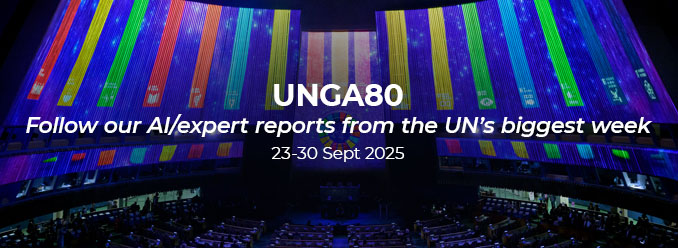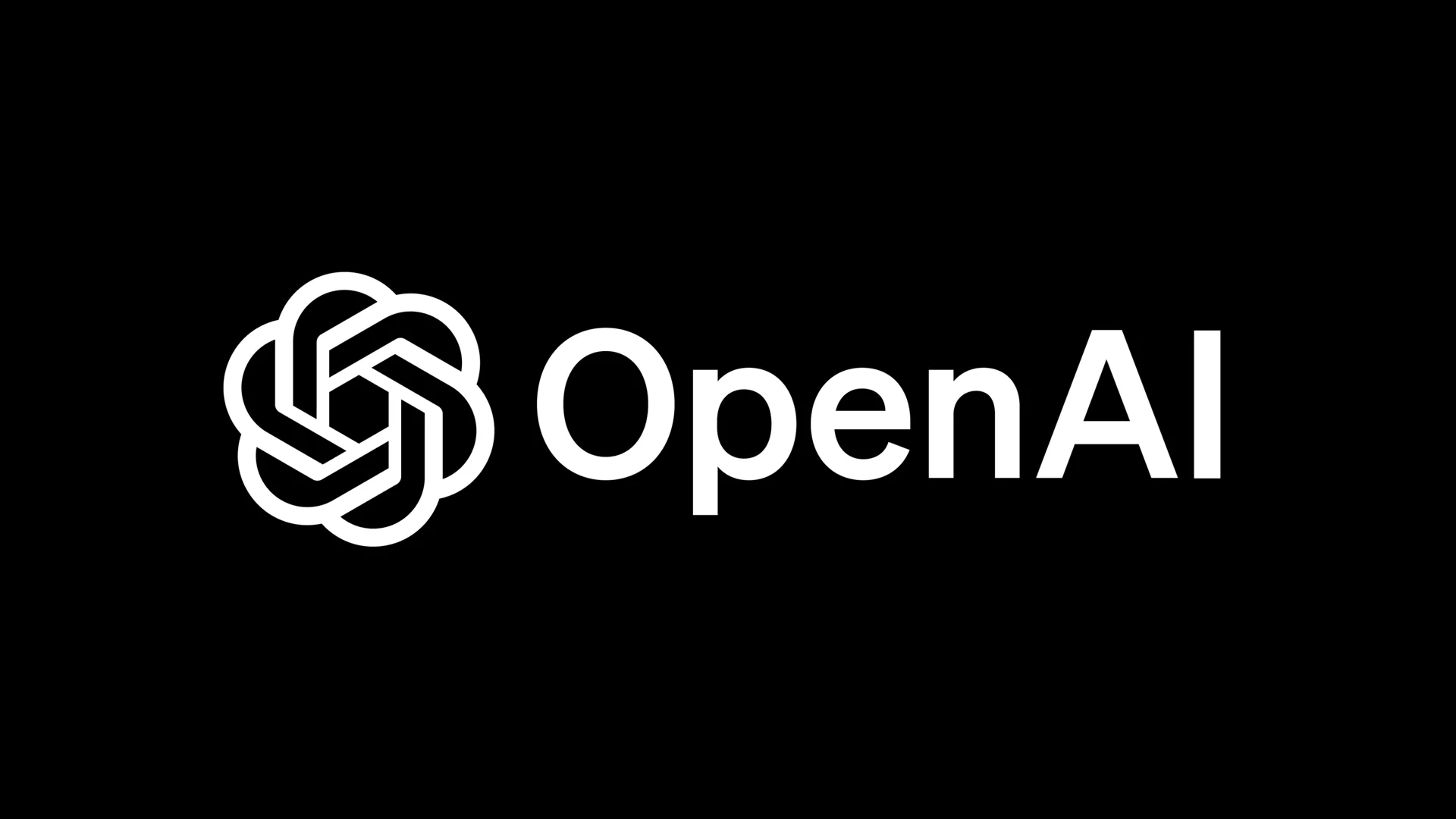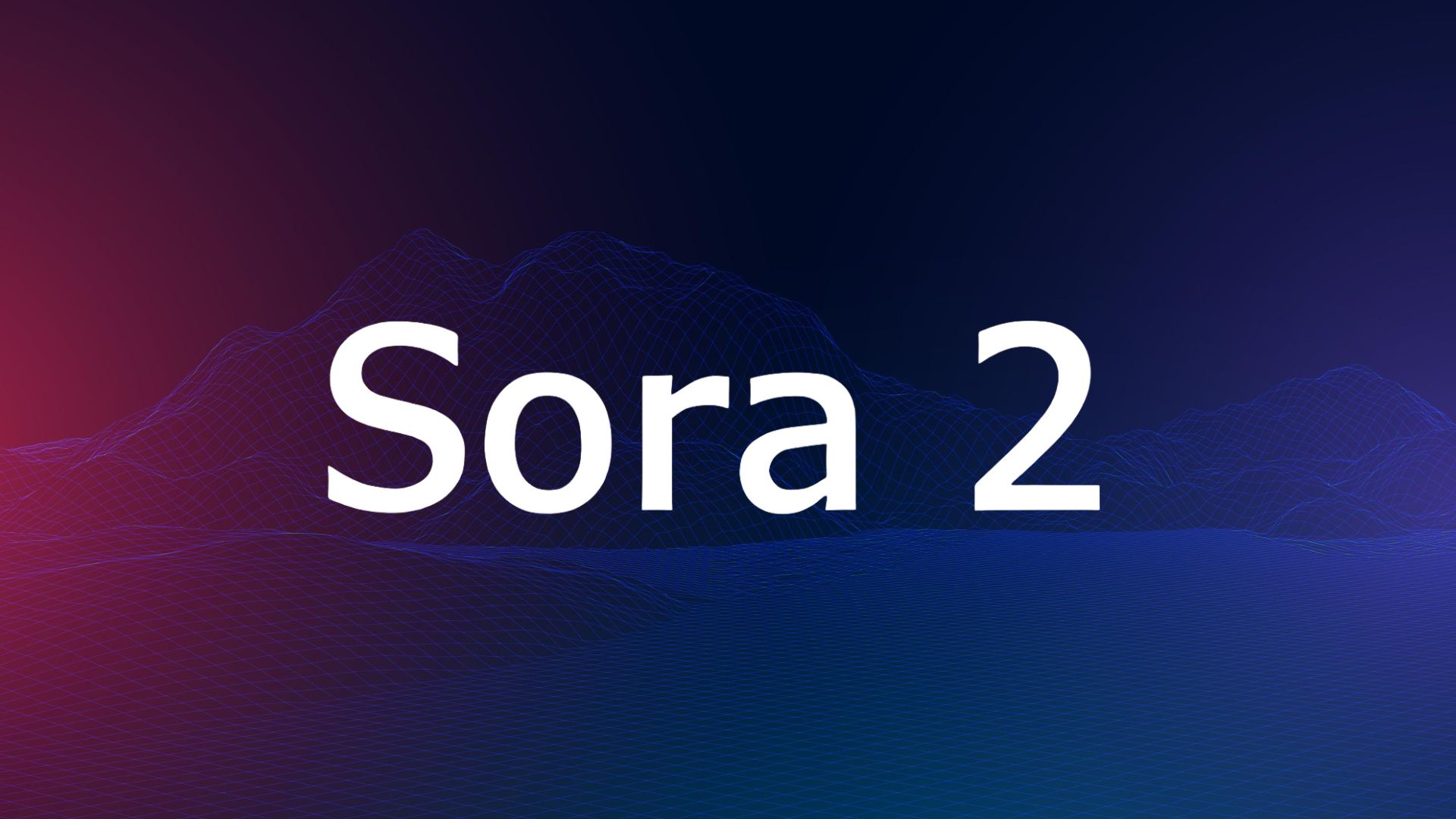OpenAI CEO Sam Altman has announced that ChatGPT now reaches 800 million weekly active users, reflecting rapid growth across consumers, developers, enterprises and governments.
The figure marks another milestone for the company, which reported 700 million weekly users in August and 500 million at the end of March.
The event also introduced new tools for building apps directly within ChatGPT and creating more advanced agentic systems. Altman states these will support a new generation of interactive and personalised applications.
OpenAI, still legally a nonprofit, was recently valued at $500 billion following a private stock sale worth $6.6 billion.
Its growing portfolio now includes the Sora video-generation tool, a new social platform, and a commerce partnership with Stripe, consolidating its status as the world’s most valuable private company.
Would you like to learn more about AI, tech and digital diplomacy? If so, ask our Diplo chatbot!

